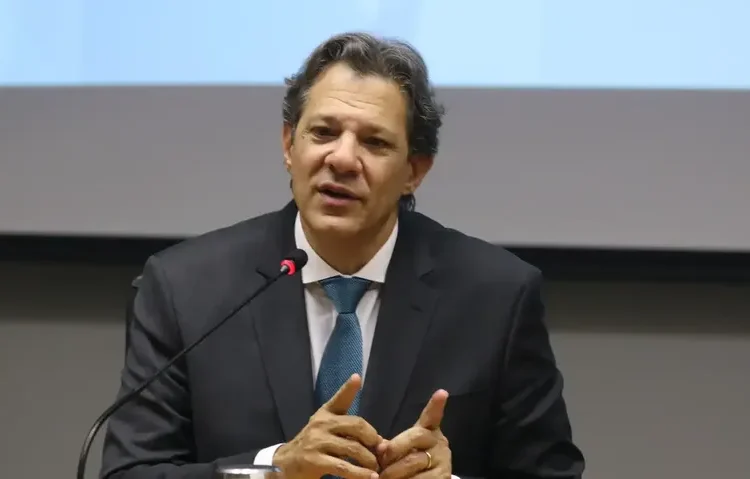Brazil’s Minister of Economy, Fernando Haddad, said he will advocate for a global proposal to tax the super-rich during a meeting of ministers and G20 central bank chiefs to be held in São Paulo on February 28 and 29.
Haddad believes the topic is crucial to facing inequalities and promoting economic growth. The declaration was made by email, in an interview with the Brazilian newspaper O Globo.
“Our G20 agenda largely reflects our priorities and achievements on the domestic agenda. Tax reform and the taxation of offshore funds and exclusive funds give us the legitimacy and boost we need to defend more ambitious reforms at a global level,” said the minister.
He said the topic is a priority of the Brazilian government, but there isn’t a specific proposal yet.
“We will present a proposal to tax the super-rich, based on the best studies available. I cannot go into specifics yet, but I do confirm that we will continue to defend progressive taxation as a goal in the G20,” he concluded.
:: G20: Mauro Vieira criticizes the UN’s 'unacceptable paralysis' ::
Haddad will host the Finance Track, a working group that gathers ministers and finance chiefs from the G20 countries. It is part of the activities of the G20 Summit, which is taking place in Rio de Janeiro.
"We also need to work together with them to strengthen the capacity of these institutions to promote profound changes in production and consumption patterns that are expected of everyone towards decarbonization. The world has changed since the creation of these institutions. Global governance needs to update existing arrangements. If one country can help unlock these issues, that’s Brazil."
In the interview, the minister also explained that Brazil may become a reference in the debate on energy transition, and celebrated the fact that the country generated 93% of its electricity in 2023 from renewable sources, he said.
He mentioned the Plan for Ecological Transformation and the importance of financially equipping countries in the Global South to adopt conservation measures.
"We advocate for realistic but ambitious alternative, regulatory measures that guide the productive sector towards decarbonization and encourage investment in areas at the forefront of industry and technology," he added.




